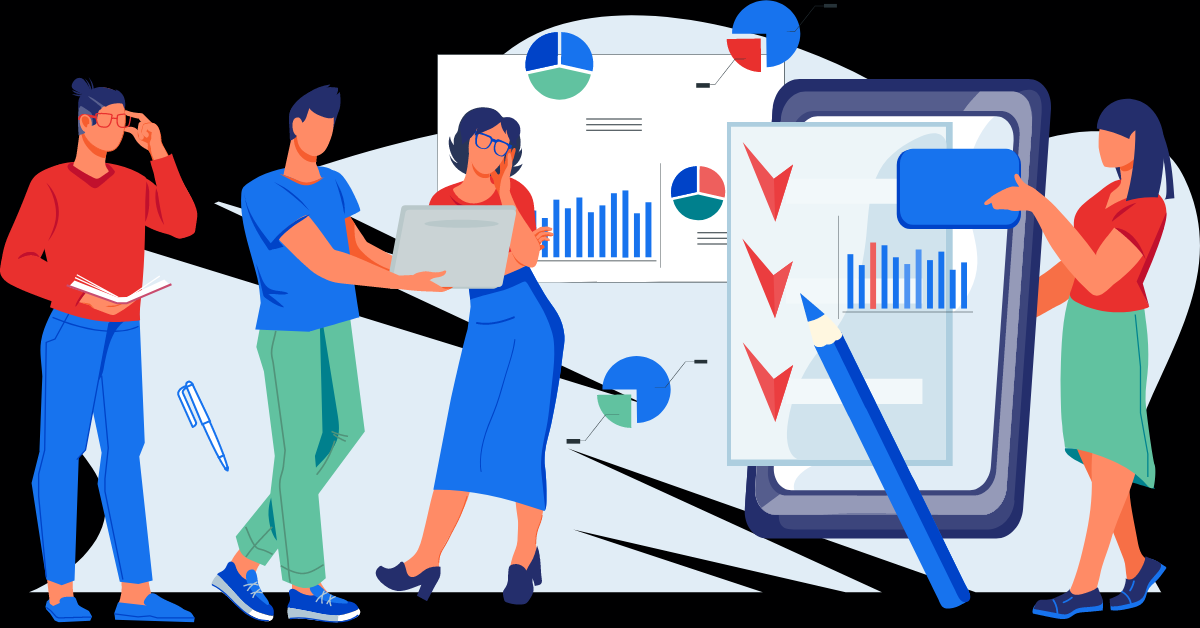Developing an evaluation begins with thinking. You need to consider the purpose of evaluation, information needs and questions, stakeholders, and logistics. It’s important to be clear about why you’re doing an evaluation, what is being evaluated, and who is being evaluated. These considerations will help you develop your evaluation questions. It’s difficult to know what to ask if you aren’t sure what you want to know or what your goals are.
The overall purpose of an evaluation is to find out what works well and what can be improved. There are three different purposes that we can look at:
- Monitor project implementation, which involves examining how the project is being executed and whether it is being executed in the way it was intended; here, you can track progress towards goals.
- You can conduct an evaluation to check the effectiveness of your program. Is your program working? Are you seeing the changes you want to see in the community that you serve? F
- And lastly, evaluation can help improve decision-making. This can include making funding decisions about programs based on what you find by monitoring the implementation and checking the effectiveness of the program.
Some evaluations focus solely on implementation or checking effectiveness, but some do both. Ideally, all evaluations should improve decision-making.You want to think critically about the purpose of evaluation and what you are trying to find out before you develop evaluation questions. The purpose of an evaluation should drive the evaluation questions and the types of information you need to collect. Careful planning that you do before you even start the evaluation will determine whether the evaluation is successful or not.
Developing Evaluation Questions
Once you know the purpose of your evaluation, you can start developing questions.
- Start with Brainstorming: Gather a list of all potential questions you’d like answered.
- Narrow Down: Focus on the most relevant questions to your goals.
- Involve Stakeholders: Ensure the questions address stakeholder concerns.
- Prioritize: Consider logistics like budget and timeline when prioritizing questions.
There are two common types of evaluation: process and outcome evaluation.
Process Evaluation
Process evaluation focuses on whether your program is being implemented as planned. It examines the procedures and methods of your program, providing insight into the activities and outputs that lead to the program’s results.
Example Process Evaluation Questions:
- Who is receiving services at your organization (demographic breakdown)?
- How long are service visits on average?
- What barriers or challenges exist to accessing services, and how are they overcome?
Outcome Evaluation
Outcome evaluation assesses the results and impact of a program. It looks at whether the program has created changes in knowledge, behaviors, or attitudes in the population you’re trying to impact. For example, you might measure if an early childhood development program improves children’s motor skills.
Example Outcome Evaluation Questions:
- What side effects, if any, occurred as a result of the program?
- How well has the program met its objectives?
- What impact has the program had on the community?
- Are clients satisfied with their experience?
In practice, evaluations often combine both process and outcome evaluation to provide a comprehensive understanding of a program’s implementation and impact. By carefully planning your evaluation and focusing on relevant questions, you can gather valuable insights to enhance your programs and make informed decisions.

